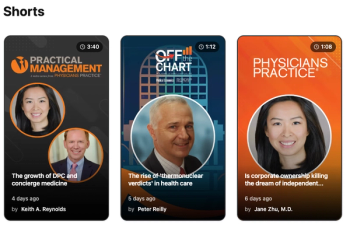
The season of gratitude extends beyond Thanksgiving
Gratitude, if it is genuine, can organically lead to greater reimbursement.
According to Webster’s Dictionary, “
According to a 2019 article,
- The health care environment is competitive. If patients (or family members) have an adverse experience, they can choose to go else where and often tell their neighbors about their experience.
- Patient gratitude, patient loyalty, and quality are intertwined.
- There are three relationship quality tactics that those participating in the health care sector should not ignore. For example, “a stronger physician-patient relationship can not only generate a significant impact on the patient’s loyalty to the hospital but it can also make patients more likely to introduce the physician to others.”
The proposed research model was framed with the three quality tactics in mind.
Given the notion of the impact of patient satisfaction scores on reimbursement in some value-based models, gratitude is an item that, if it is genuine, can organically lead to greater reimbursement. Gratitude, like any perceived “
“Critiquing moral economics, she [Claudia Card] maintains that unpayable debts in this paradigm, where reciprocity is not practical or desirable—as is often the case in health care—make the sense of obligation problematically unresolvable. This position is supported by the research we reviewed that engaged with the meta-narrative of social capital: while economics metaphors are prevalent in the discourse of gratitude, the way it plays out in practice in health care is much more psychologically and philosophically subtle than the metaphor of ‘capital’ suggests.”
Overall, genuine gratitude only has positive benefits – to patients and providers alike. “That gratitude may have a positive impact on quality of life and reduce psychological distress” is something everyone can and should be thankful for.
Newsletter
Optimize your practice with the Physicians Practice newsletter, offering management pearls, leadership tips, and business strategies tailored for practice administrators and physicians of any specialty.






